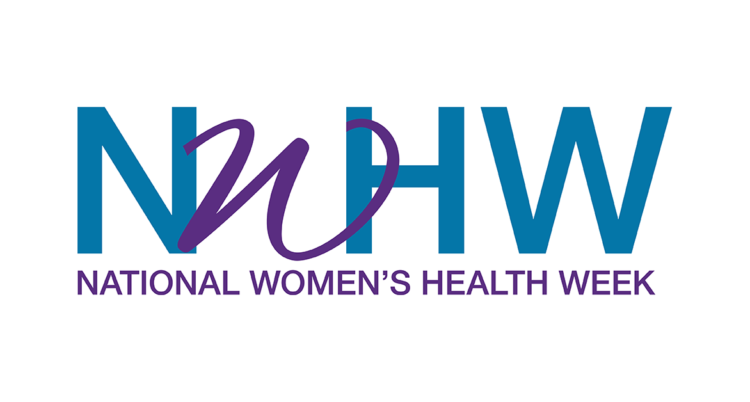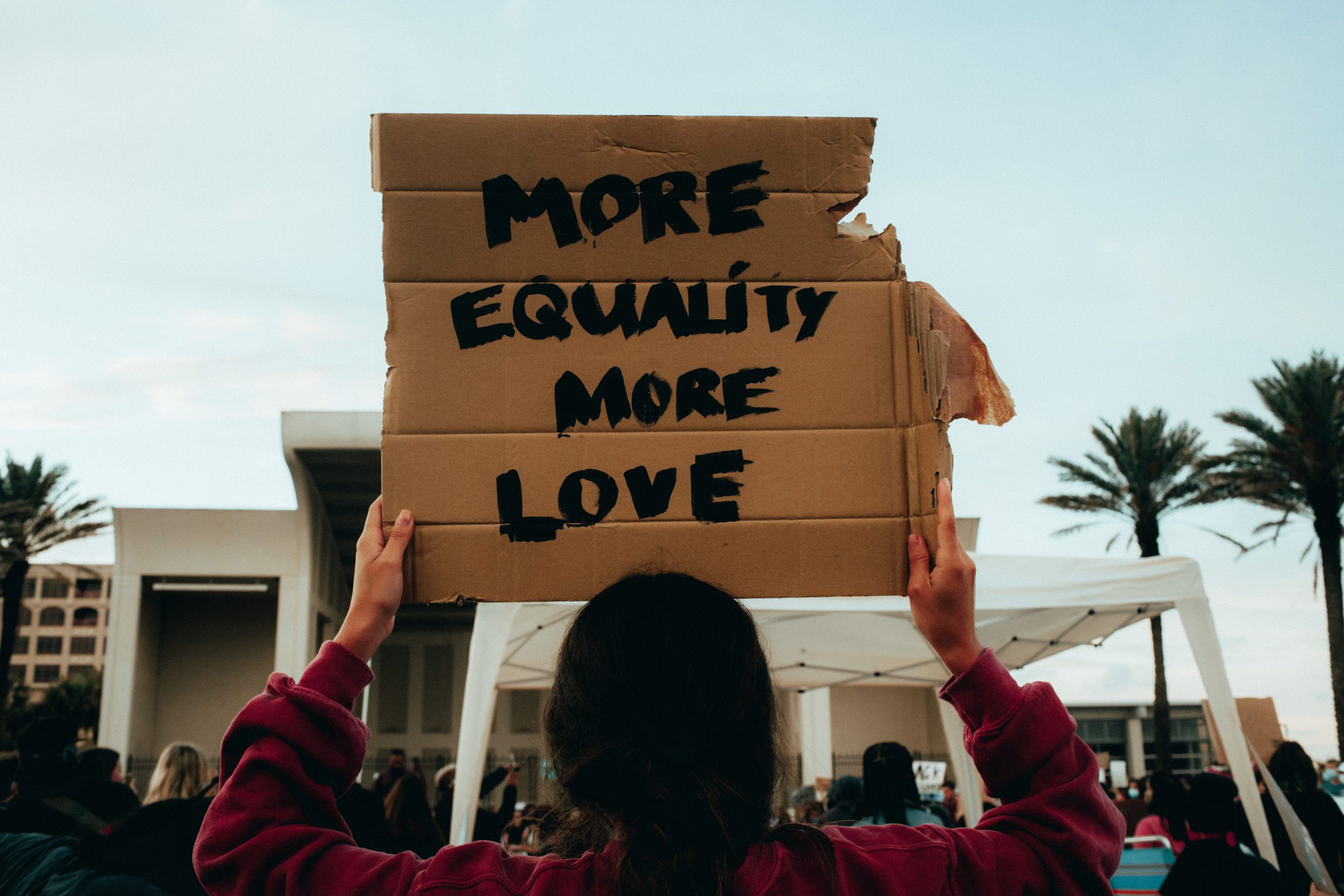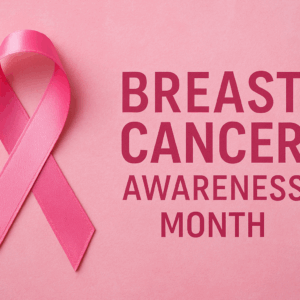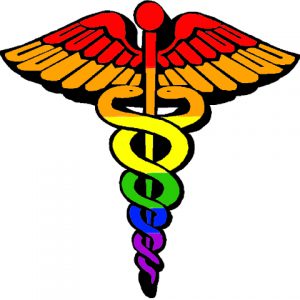Last Updated on May 17, 2023
This past Mother’s Day launched the 24th annual National Women’s Health Week. Led by the U.S. Department of Health and Human Services (HHS) Office on Women’s Health, the goal is to empower women to make their health a priority and raise awareness of the steps one can take to improve their health. Advocates say the rate of death and illness, along with mounting conditions affecting access to care, have risen to the level of a state of emergency for women’s health.
The Centers for Disease Control and Prevention (CDC) recommends many common measures such as proper health screenings, staying physically active, eating healthy, and promoting other healthy behaviors. Healthy behaviors include:
- getting enough sleep;
- being tobacco-free;
- washing your hands;
- not texting while driving;
- wearing a seatbelt, a bicycle helmet, or sunscreen when appropriate, and masks when social distancing isn’t possible.
The Office on Women’s Health website has specific suggestions for women through their 20s to their 90s.
Women remain an underserved community with unique healthcare costs that are often overlooked by those drafting insurance guidelines. Women can face difficulty accessing healthcare, being believed or taken seriously by healthcare providers, and report forgoing healthcare services more than men. Maternal mortality, women dying of complications of pregnancy or childbirth, is increasing in the United States and is magnitudes higher than other wealthy nations. The CDC reports a figure of 32.9 per 100,000 births — or 1205 women per year — with an enormous racial discrepancy. The rate is 26.6 per 100,000 for white women and 69.9 for Black women.
Women’s Health Week recognizes the health of all women, including transgender women. Transgender people can face significant barriers when accessing healthcare — especially evidence-based gender affirming care. Finding a healthcare provider who is knowledgeable of transgender health issues can be a hurdle in itself. Even after finding a knowledgeable and sympathetic healthcare provider, insurance may not cover the cost of treatment despite the Affordable Care Act (ACA) protecting against discrimination based on gender identity. Many transgender people are on a dosage of hormones that can affect their blood pressure, blood sugar, or in rare cases contribute to cancer. Some cancers found in transgender people can appear atypical; for example, trans women can be diagnosed with prostate cancer. Transmisogyny has grown to the level of mainstream politics, which adds discriminatory barriers to care and contributes to the likelihood of violence against transgender people — especially trans women of color — while increasing the risk of self-harm and suicide among transgender youth.
COVID-19 has affected all facets of healthcare. Women are more likely to have gone without healthcare during the pandemic and face health and economic challenges prior to the pandemic have experienced worsening health conditions as a result of skipping health care services during the pandemic. 47% of working mothers had to take unpaid leave due to school or daycare closures — including 65% of mothers with low incomes. With the end of the federal Public Health Emergency, millions of Americans are losing coverage through Medicaid — inevitably having a disproportionate effect on women from underserved communities.
The COVID-19 pandemic has had a discouraging effect on reproductive freedom. The bipartisan Coronavirus Aid, Relief, and Economic Security Act (CARES Act) included an unnecessary extension of harmful restrictions on abortion funding, as well as language that cuts Planned Parenthood and other abortion providers out of funding opportunities through federal loans — denying vital support for frontline healthcare providers serving some of the most vulnerable communities over the past three years.
Reproductive freedom is a civil right and abortion is an essential part of healthcare. Despite that, the Supreme Court overruled the precedent set by Roe v. Wade that guaranteed the right to abortion last year leading to many states passing restrictive and harmful legislation. Extremist judges have attempted to baselessly overturn the 23-year-old FDA-approval of medication abortion mifepristone while far-right politicians continue to try to otherwise restrict abortion access. Multiple studies indicate that the inability to receive abortion care places pregnant people further into poverty and harms their health as well as the well-being of their current and future children. Many people lack the means and access to decide whether to continue a pregnancy — particularly communities of color, LGBTQIA people, and residents of rural areas.
Approximately one in five people capable of getting pregnant will have an abortion by age 30, and one in four by age 45. Regardless of age, race, income, education level, or parental status, there are innumerable reasons why people seek abortions:
- 40% lack financial resources;
- 31% have an abusive/non-supportive partner;
- 29% need to focus on other children;
- 19% for emotional/mental health concerns;
- 12% for physical health concerns;
- 12% “want a better life for the baby than they could provide;”
- An estimated 5% of all pregnancies are a product of rape.
Roughly 42% of women of reproductive age in the U.S. will experience a change in distance to the closest abortion clinic. About 75% of people forced to travel farther to an abortion provider will find a way, despite the distance — but 25% won’t. Of those, some will self-induce an abortion, some will miscarry, and some will go on to give birth. If the states that criminalize or severely restrict abortion continue to do so, there will be an estimated 50,000 additional births nationwide — many concentrated in some of the worst states for infant and maternal health.
Since (and in some parts of the country, before) the fall of Roe, people have faced the possibility of forced birth in a country with the highest maternal mortality rate. The average cost of pregnancies and newborn care for the uninsured in the U.S. is $30,000 to $50,000 — without complications. The United States does not guarantee paid maternity leave or offer universal/subsidized child care, continued birth/parent care, and/or mental health care. Maternal mortality is expected to continue to rise as OB-GYN and other pregnancy care providers opt to leave hostile states leaving patients in those areas underserved and at risk of preventable death.
Abortion is life-saving treatment for multiple conditions. Ectopic pregnancy, septic uterus, and certain miscarriages are fatal to the mother if not treated with an abortion. In some states, even naturally occurring health outcomes will be criminalized. Last year, a woman in Texas was charged with murder after having a miscarriage (the charges were later dropped). In Alabama, a woman was arrested for losing a pregnancy after being a victim of gun violence. Miscarriages are almost never preventable, yet state fetal protection laws can make pregnant people criminally responsible for them. Some even require medically impossible procedures to “save the pregnancy.” These laws treat pregnant people as host bodies without autonomy or equal rights and cause profound distress to people having physical health complications and families suffering a deep personal loss. The federal government has recently launched investigations into at least two hospitals that broke the law when they refused to provide an abortion and put the patient’s life in jeopardy.
To protect gender affirming care and abortion as essential healthcare, we encourage all eligible Americans to register to vote and participate in local and national elections. To further engage in the legislature, contact your elected representatives to make your voice heard. Call 202-224-3121 to reach the U.S. Capitol switchboard; from there you can be connected to your elected Congressional Representative or Senator’s office. You can find contact information for your local representatives by searching your state online.
NeedyMeds will always support people seeking affordable healthcare — including abortions and gender affirming care. If you are looking for a LGBTQIA-friendly medical center, the Human Rights Campaign has an interactive map with locations of over 2200 healthcare facilities in the United States. Our database of over 19,000 free, low-cost, or sliding scale clinics has more than 7000 of which offer women’s health services including over 450 Planned Parenthood locations. AbortionFinder.org also lists over 700 trusted and verified independent abortion providers, and AidAccess.org provides medication abortion via the mail for people in need all over the world — including the United States. Avoid fraudulent crisis pregnancy centers. Our Diagnosis-Based Assistance database lists programs with varying eligibility, including some that offer various forms of assistance for people seeking an abortion, gender affirming care, and for those affected by COVID-19. For more resources, check our website at www.needymeds.org or call our toll-free helpline at 1-800-503-6897 9am to 5pm Eastern Time Monday through Friday.




